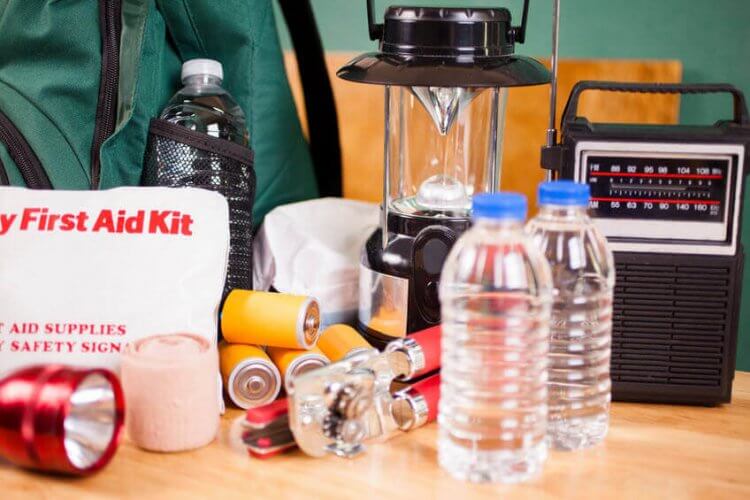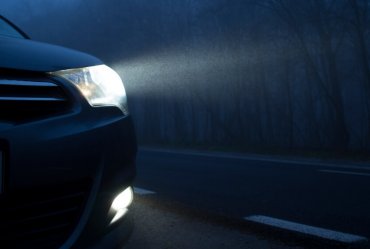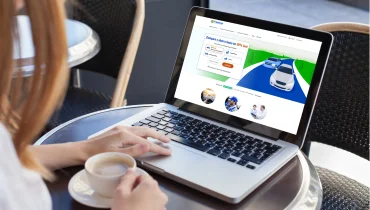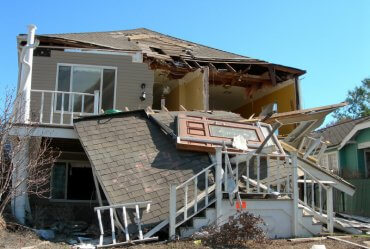
Everyone wants to live in Southern California for the weather, the beaches and the relaxed lifestyle. Unfortunately, this part of the country is prone to natural disasters such as earthquakes and wild fires that can disrupt major cities for days, if not weeks. This September, think about what you can do to protect yourself and your loves ones if the worst should happen. Here are a few tips to get you started.
Have a Family Plan
If there is an emergency, how will you get in contact with your loved ones? Where will you meet? Where is the best place to go if you need to leave town for a few days? You want to have answers to these questions before something bad happens. Sit down with your family and come up with some ideas before settling on a plan. Have this discussion again occasionally to make sure your plan is still up-to-date.
Protect Yourself Financially
A major natural disaster can cause billions of dollars in damage across a large city. The 1994 Northridge earthquake caused $42 billion in total damages, almost half of which was property damage. If your home or commercial vehicle isn’t insured, you are responsible for the cost of repairing all the damage caused by a natural disaster. In many cases, the cost can push property owners into bankruptcy. Some estimates state that the next earthquake could cause almost quadruple the damage.
Take a First Aid Course
You can’t rely on what you’ve learned watching TV. The Red Cross and other groups offer training in first aid, CPR and how to use a defibrillator. These courses are relatively cheap and may be offered for free at your workplace. At least one member of the family should be trained, but ideally everyone, including children, should take a course.
Build a Kit
If you have to leave home quickly, you won’t have time to pack a bag. Every home should have an emergency kit (some people call it a go bag) that you can just grab as you’re leaving. What’s in the bag is up to you, but it usually includes water, food, a first aid kit, a flashlight and a whistle. You can buy a ready-made kit, but it’s better to make your own. You’ll save some money, but more importantly, if you pack it yourself, you know exactly where everything is in the bag.
Stay Plugged In
If there’s an earthquake or a wildfire, how will you get your news? There is a good chance that phone lines will be down. Many emergency management offices provide updates on Twitter or on their homepages, but internet access may not be a sure thing either. Your best bet is a trusty radio, and if there is space, it should go in your kit too. Use the radio to figure out the easiest way to get out of town and when it’s safe to go back.
These are just a few of the things you can do to be prepared. Remember, you can’t just be ready once; you have to always be ready. Check to see if the batteries in your flashlight still work. Make sure the food you bought in case of an emergency hasn’t passed its expiration date. If the next big earthquake starts rumbling, and you’ve taken these tips to heart, you’ll know what you need to do when it really matters.
When you’re preparing for an emergency, also make sure you have the right insurance. Check out Freeway Insurance to find competitive homeowners insurance quotes and commercial vehicle insurance to make sure you’re protected.



